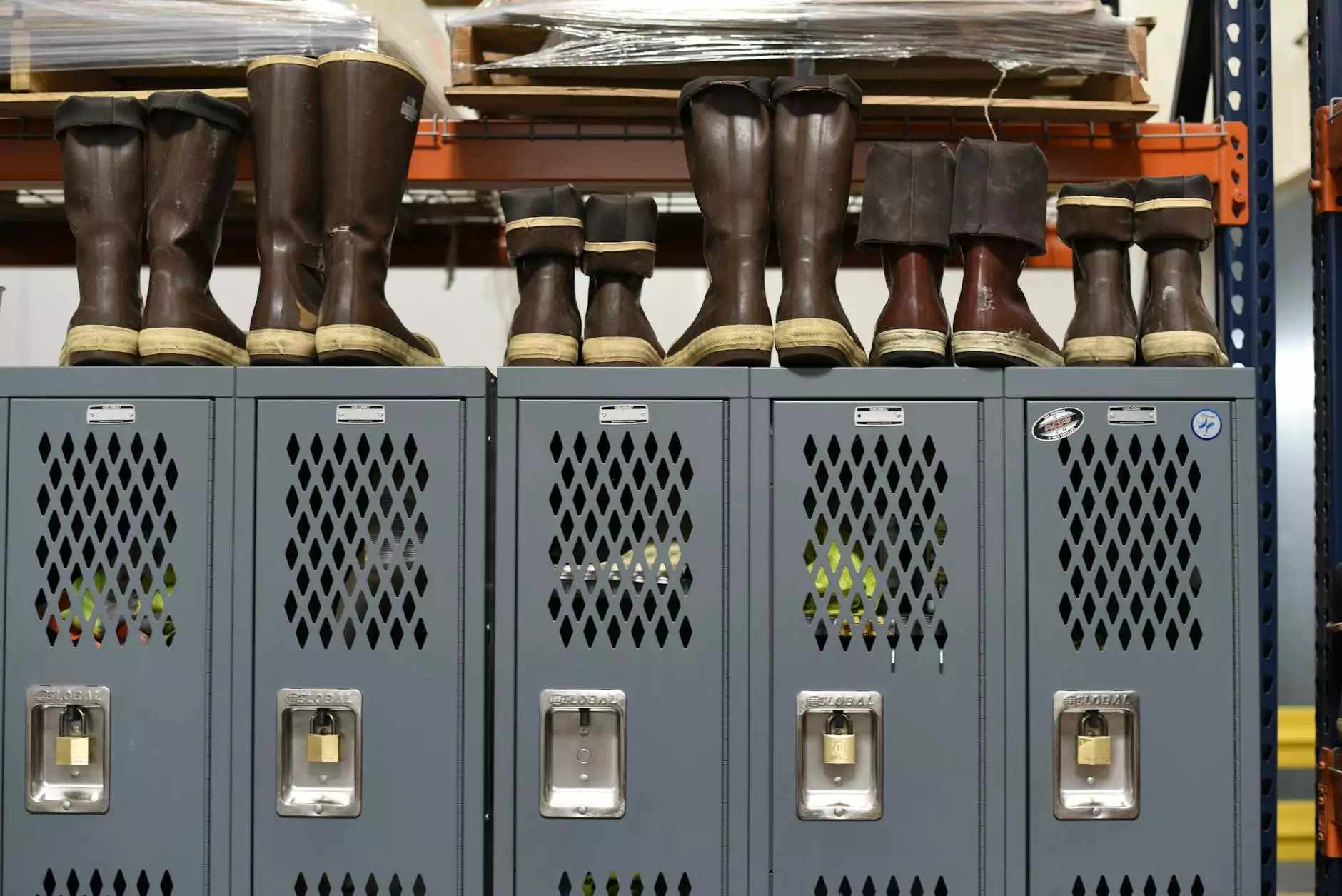Steward Ecole: Elevating Business through Education

The concept of steward ecole is a fascinating intersection of language, culture, and business. Combining the English word "steward" with the French "ecole"—which translates to "school"—presents a unique opportunity to explore how stewardship in education can drive business success. In an era of rapid change, understanding this relationship is crucial for anyone looking to thrive in the modern marketplace.
Understanding the Term 'Steward Ecole'
'Steward' implies a sense of responsibility and guidance, while 'ecole' symbolizes a place of learning. When viewed through the lens of business, steward ecole can be interpreted as a commitment to nurturing future leaders and innovators within an educational framework designed to prepare them for real-world challenges.
The Role of Education in Business Transformation
At its core, education is a powerful driver of change. Companies that prioritize educational initiatives and foster a culture of continuous learning tend to outperform those that do not. Here are several ways that education can transform business:
- Enhanced Skill Development: Providing employees with access to ongoing training ensures they remain competitive and capable of meeting evolving demands.
- Innovation and Creativity: Educational environments stimulate creative thinking, leading to innovative products and services.
- Employee Satisfaction: Investing in education leads to higher job satisfaction, as employees feel valued and engaged.
- Attracting Top Talent: Organizations known for their educational programs are more appealing to prospective employees.
Building a Steward Ecole Framework in Business
To implement a steward ecole model, businesses must integrate education and stewardship into their cultures. This can take various forms, such as:
1. Establishing Formal Training Programs
Companies should create structured training programs that cater to different levels of employees. This could include:
- Onboarding Programs: Help new hires acclimate to the company culture and expectations.
- Leadership Development: Prepare potential leaders for future roles through mentorship and specialized training.
- Continuous Learning: Offer workshops and courses that allow employees to enhance their skills regularly.
2. Encouraging a Culture of Learning
Beyond formal programs, businesses should foster an atmosphere where learning is part of the daily routine. Strategies include:
- Knowledge Sharing: Encourage employees to share their expertise through presentations or informal lunch-and-learn sessions.
- Gamification: Utilize games and competitions to make learning enjoyable and engaging.
3. Collaboration with Educational Institutions
Partnering with schools and universities can enhance the steward ecole approach. Businesses can:
- Offer Internships: Provide students with practical experience while obtaining fresh ideas from the younger generation.
- Sponsor Educational Programs: Invest in curriculum development that aligns with business needs.
Measuring the Impact of Education on Business Outcomes
To ensure that educational initiatives deliver tangible benefits, it is essential to measure their impact. Key performance indicators (KPIs) to consider include:
- Employee Retention Rates: Higher investment in education often correlates with lower turnover.
- Productivity Metrics: Evaluate performance before and after educational programs to gauge effectiveness.
- Innovation Rates: Track the number of new products and ideas generated post-training.
The Future of Steward Ecole in Business
As we dive into the increasingly digital and automated landscape of modern business, the steward ecole framework will evolve. Here are a few predictions:
1. Increased Focus on Digital Skills
With technological advancements, companies will need to ensure their employees are proficient in digital skills. This transformation will make digital literacy training a core part of any educational framework.
2. Greater Emphasis on Lifelong Learning
As job roles continue to change, the necessity for lifelong learning will become paramount. Companies may implement more flexible learning plans that allow for personal growth beyond the workplace.
3. Collaborative Learning Environments
Expect to see more cross-industry partnerships that facilitate shared learning experiences, giving employees the chance to expand their knowledge and expertise.
Conclusion: Steward Ecole as a Catalyst for Business Success
In conclusion, the concept of steward ecole serves as a reminder of the symbiotic relationship between education and business. By embracing this framework, organizations can cultivate a workforce that is not only competent but also equipped to tackle the challenges of tomorrow. As companies invest in educational initiatives, they pave the way for sustainable growth, innovation, and a thriving business environment.
Now, more than ever, it is essential for businesses to recognize the irreplaceable value of merging stewardship with learning. By doing so, they not only enhance their enterprise but also contribute positively to society as a whole. This commitment to education is not just a competitive advantage; it is a cornerstone of modern business philosophy.









